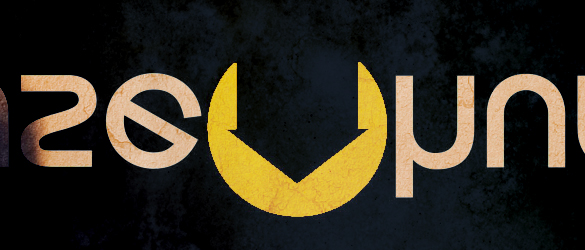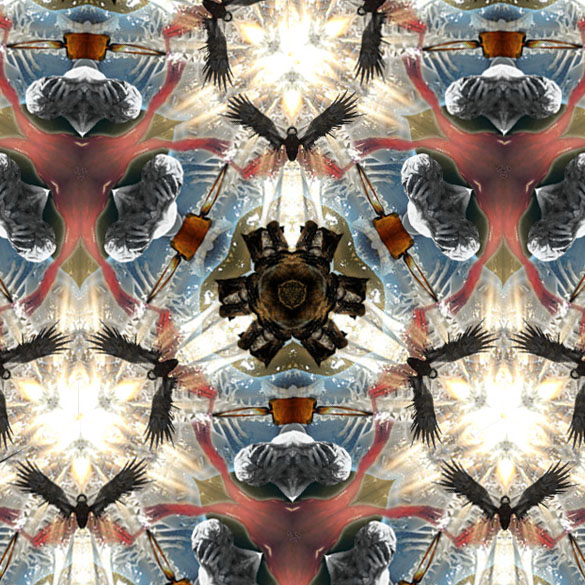I understand that you shouldn’t choose a house because you like the blue paint in the downstairs bathroom. I understand the fleeting nature of wallpaper and that fixtures are a dime-a-dozen. I understand that dog smell will move with the owners and that the ugly bush covering the bay windows can be dug up. I understand that to appear on House Hunters, you need not understand these things. The folks at House Hunters demonstrated this time and time again.
Hundreds upon hundreds of prospective homeowners have given the metaphorical tires of three houses a kick before coming to a decision by the twenty-third minute. An old married couples finds the home in which they can retire and spoil their grandkids. Some newlyweds buy the corner lot, white-picket fence dream home. A growing family moves to a new city. Two men move in together and find the courage to take the ‘business’ descriptor out of their relationship title and call themselves simply “partners.” They share their stories of inspiration, but the show is always safe, constantly promising resolution. It is no secret that each episode is staged, if not completely scripted—participants are compensated five hundred dollars, as actors, for the four days it takes to shoot an episode, and each buyer is already in escrow or have made purchasing agreements.
In essence, the narrative begins already having been resolved in reality. Just as watching too much Jersey Shore can trick you into thinking everyone in New Jersey is orange and drunk, House Hunters can trick a person into believing its own type of unreality. The show avoids the trashy and oftentimes scripted-feeling fights (“Well, if we can’t come to an agreement, we could always get a divorce.”), but in doing so it releases its very own parallel universe where all you have to do is visit three houses before finding the property of your dreams. Void of drama, the show relies on the tension inherent to a life-changing decision to keep viewers from flipping channels. It tricks you into thinking things always work out, and it is neat to the point of being unrealistic. Anyone who’s ever purchased a home knows how messy, heartbreaking and repulsive the whole process can be. House Hunters tries to sell the dream; real house hunting strips a human of his ethos.
On the subject of ethos—and of honesty—I have never purchased a home. I came close, once. In the summer of 2011 in the suburbs of Chicago, you could practically collect the change under the cushions of the couch and buy a condo, and it was in this climate that my then-girlfriend and I began dipping our toes in the house-hunting market.
Our realtor, a man pale as a toilet seat who made way too much eye contact, took us to a condo and led us into the bedroom. He pointed out the walk-in closet and the natural light and how easily the queen-sized bed fit in the room, casually ignoring the fact that one of the homeowners, a woman, was sleeping face down, bare-ass naked on the bed. Her body was covered by a sheet, but not as much as it should have been. We left the room and the other homeowner, a man, was eating Fruit Loops on the couch, watching Cops and pretending our nonexistence.
There were countless moments visiting houses which I was entirely unprepared for, despite my hours of watching people visit houses. On television, the residents of a foreclosure never stare at you through the window as you struggle with the dead bolted door, slowly realizing have no intention of letting you in.
Consider my favorite episode of House Hunters, which features Johanna and Donald, a recently engaged do-gooder couple from Sacramento. They choose their house with two things in mind: Johanna’s need for a large kitchen, and Donald’s supposed clairvoyance. The realtor barely hides her sarcasm as she talks about the time when she took Donald to a house and he said he didn’t even want to go inside because of the bad vibes he was getting. The tone of the show suggests some inside joke that we the viewers are silently in on, and the show’s narrator uses snide inflections when saying things like “special gift” or “good feelings” or “Donald claims to have a gift that makes him no ordinary house hunter.” The music that accompanies Donald talking about his clairvoyance is the same as that which plays in black and white horror, all xylophone and theremin, and ultimately the show laughs at him harder than we do.
Each episode ends in clean resolution: we fast forward to a month after the purchase to see the changes that the homeowners have made. They always say the same thing, how happy they are with their purchase, how much their lives have changed, how they’re starting a new chapter in their lives. Most of the participants seem content if not ecstatic, but sometimes you can see true disappointment. You’ll see the homeowner talking of their purchase without enthusiasm; you’ll see a true human moment, that moment of realizing a mistake, and that’s the only reality the show allows.


